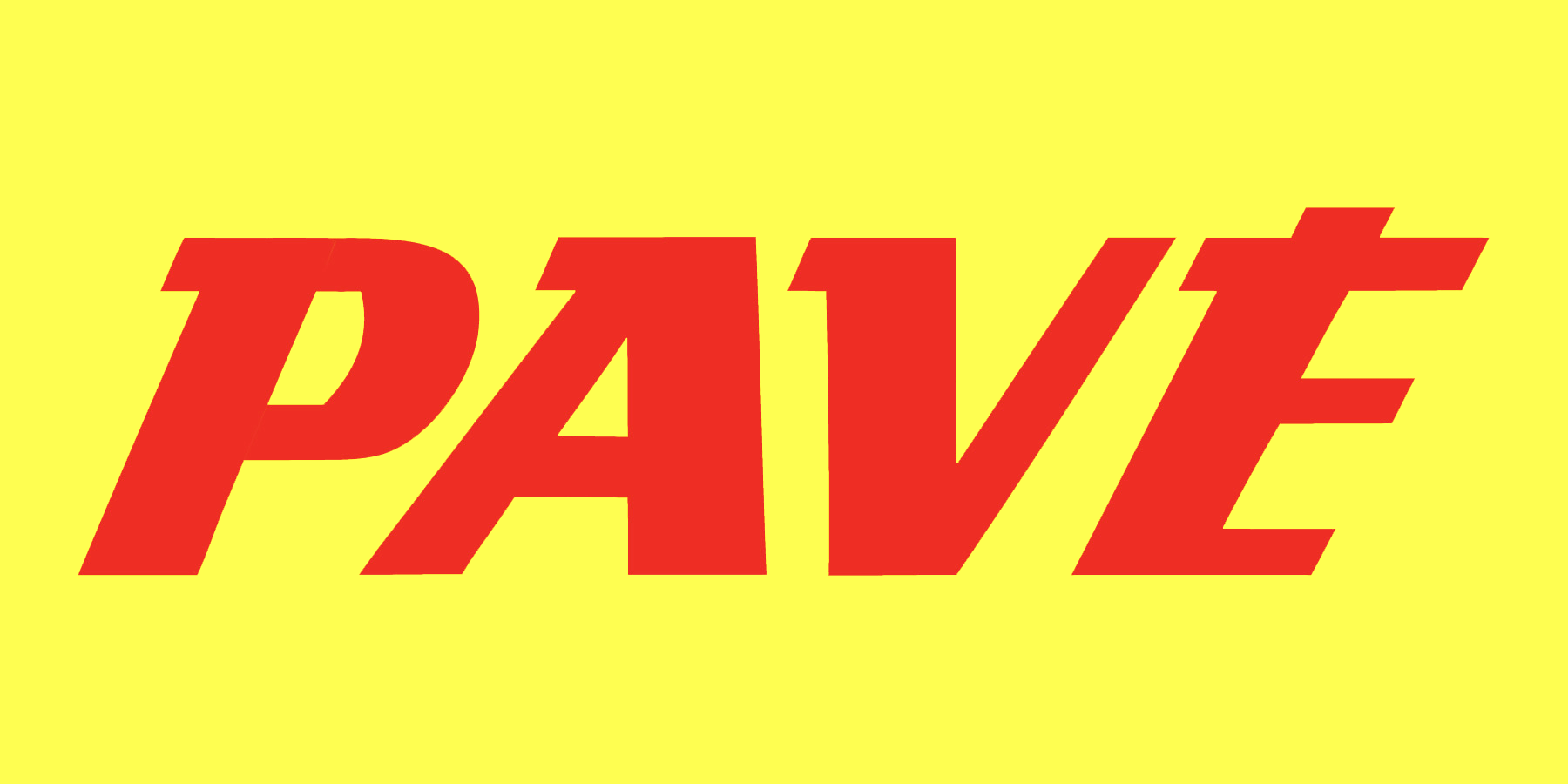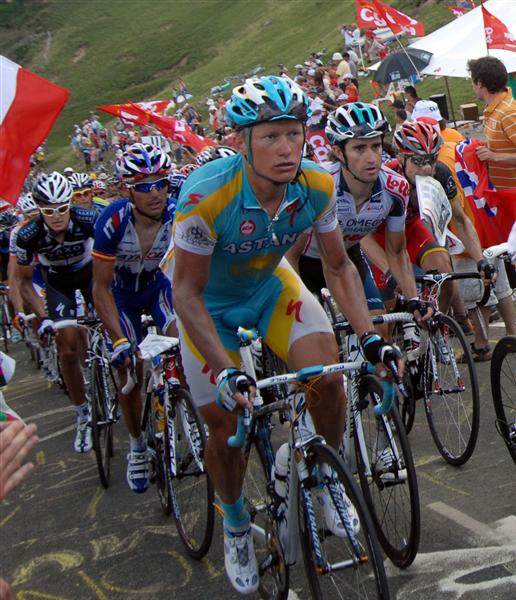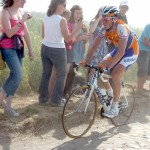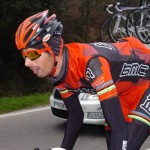Radio Silence (Part One, Part Two) is our series about riders who we think may thrive under the effects of the UCI’s radio ban. Our most recent installment, Part Two, posited the theory that without radios, the peloton is bound to mis-judge the effort that it will take to reel in a long breakaway. So many races see breakaways caught in the closing kilometers. Without constant interaction with their directors, what happens if a chasing team puts one less rider on the front than it should have? Or starts riding a few minutes too late? The breakaway just might stick.
If the peloton can just miss catching a break due to a lack of radios, could the opposite happen as well? Could the peloton reel in breakaway too soon? Without the need to chase down a break, could the peloton become complacent, giving a crafty rider the opportunity to sneak away? Lacking radios to pull their team to the front, could chaos reign in the closing kilometers of a race?
Lars Boom is still developing as a road rider, possibly on the verge of a big win, and perhaps still figuring out what it takes to succeed in the pro peloton. The 2008 Cyclocross World Champion races some road stages as if they’re ‘cross races – attacking hard late in the race, pulling out a 10- or 15-second advantage in the hopes that it will stick to the finish line. He tried in stage 4 of 2010’s Tour of California, attempting to drop his break companions only to be swallowed up by a well-timed peloton with 8k to go. He’s yet to convert this aggression to a major win but we think it’s only a matter of time.
Alexander Vinokourov. A polarizing figure in the peloton, to say the least. For a few years in the early-to-mid 00’s, he made some less than exciting races interesting – his 2005 attack in the last stage of the Tour de France gave an interesting twist finish to a less-than-competitive Tour that saw Armstrong win the overall by over 4 minutes. Attacking from 1.5km, Vinokourov bridged to and then dropped Bradley McGee and Fabian Cancellara, taking the win on the Champs-Élysées, and catapulting himself in to 5th place overall. A few years off left some wondering how he’d perform upon his return, only to see him in classic form during Liege-Bastogne-Liege, where he dropped breakaway companion Alexandr Kolobnev in the final 500m to take the win.
Alessandro Ballan. The 2008 World Champion has been quiet for a few years. In 2007 and 2008 he garnered high placings in 3 Days of De Panne, two Rondes, Paris-Roubaix, and, of course, the World Championship Road Race, which he won with a stunningly effective attack in the closing two kilometers. In 2009 he suffered a major setback with a case of cytomegalovirus, but finally, in 2011, he looks to have regained some of his old form – taking second in the Strade Bianche, stringing out the field for Cadel Evans on his way to a stage win and GC win at Tirreno-Adriatico.
Ballan is an attacker. He was the first to respond to Alexandre Vinokourov’s stage-winning attack on Stage 13 of the Tour de France last year, but couldn’t hold the pace. This year, with his form coming around, look for him at the front of races in the coming month, and to snag a Grand Tour stage win or two.
In closing, this is, of course, all speculation. We don’t know what the effects of the radio-ban racing will be. Given that the ban has been implemented for non-World Tour and Historic Calendar races this year, we hope that the pro-radio camp is wrong, and that races will be sufficiently safe without radios; we also hope that the anti-radio camp is wrong, and believe that racing can be exciting with or without radios – 2011’s editions of Paris-Nice, Tirreno-Adriatico and Milan-San Remo have been phenomenal, even though they were run with radios. Will there be any way to definitively determine if radio-free racing is more or less exciting? Probably not – but we look forward to an exciting season regardless./p>




Maybe not a major win in your book but definitely better than a stage in the Tour of California…Lars Boom won the 15h stage in the Vuelta a Espana – solo. But agreed that he is bound for more, greater, victories.
Maybe not a major win in your book but definitely better than a stage in the Tour of California…Lars Boom won the 15h stage in the Vuelta a Espana 2009 – solo. But agreed that he is bound for more, greater, victories.
Perhaps a cleaner peloton leads to more exciting, less formulaic racing then we've seen in past years. Directors maybe aren't catching up as quickly to how long they need to drive at the front in order to reel in a breakaway. As we've seen this year even with radios, breakaways and late attacks are succeeding when they weren't entirely predicted.
Whatever the cause there has already been some great racing this year.
seems to me one of these questions is possibly easy to answer…..breakaways simply won't get as long a leash as they did in the past. there's still a slate with the time gaps that goes back and forth tween breakaway and peloton, so it's not like losing radios means suddenly nobody knows what's going on upfront entirely.
just means you'll have the gruppo staying closer to the breakways so they can real them back in and then have time to find any stragglers that went off on their own should that happen.
it's just a new strategy that will likely end up in the same results i think…..